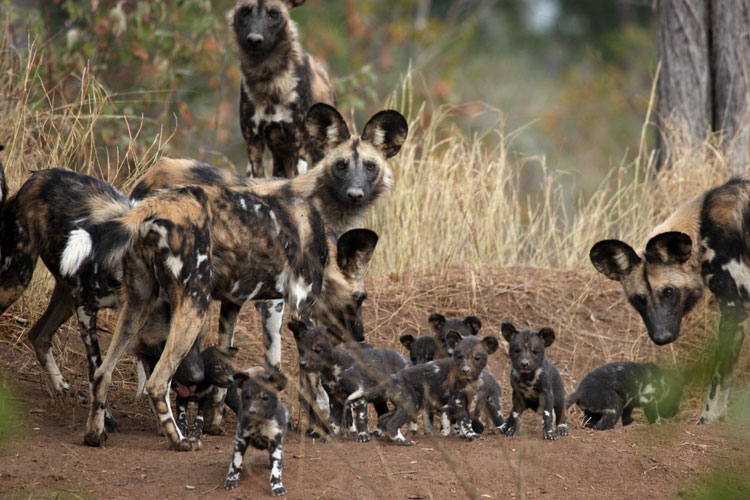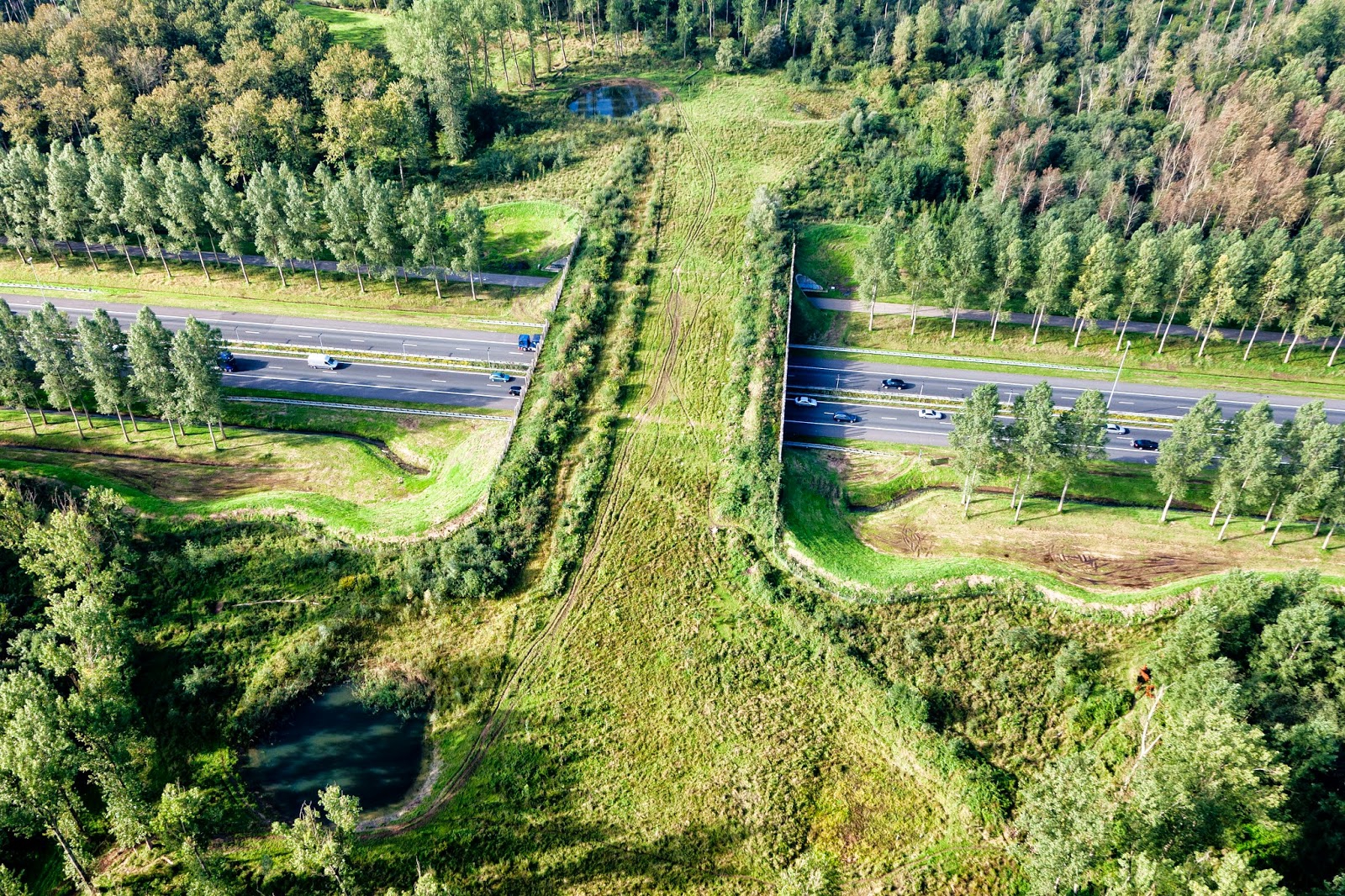the African wild dog, also known as the African painted dog, has the scientific, genus and species, names of Lycaon pictus, meaning “wolf-like, painted”. Native to the East African arid savannas, forests and grasslands they live in packs that are highly social. They prey on rodents, lizard and large herbivores such as wildebeests or antelope.

African Wild dogs a href=”https://www.worldwildlife.org/species/african-wild-dog”>https://www.worldwildlife.org/species/african-wild-dog
Their success is due to voting?
These packs of dogs are highly effective predators, hunting and killing with an 80% average success rate! As a comparison lion packs kill with a 10% average success rate. This is due to their highly social pack life. Unlike other predator packs, these dogs seem to value teamwork and empathize deeply for their other pack members. Led by a monogamous alpha male and alpha female pair, before each hunt these African wild dogs take a vote on whether or not they should hunt. How they vote is by rallying together and “sneezing,” if many sneezes are heard they hunt, if not many sneezes are heard they don’t hunt (they do not actually sneeze but rather rapidly exhale which sounds like a sneeze to us). During the hunt, they rely on each other and all contribute equally while also willing each other to “keep going”. Not only are they fair in hunting they are also fair when it comes to eating their prey. Unlike hyenas, who fight each other over the food, the African wild dogs share equally giving the best parts to the youngest in the hunt and even bringing some back for the puppies and the sick. However, since the African wild dogs live in habitats with other predators, such as lions, they need to eat their meals quickly and quietly, meaning they bring back food by regurgitation.
Pack life outside of hunting
Their socialism does not end with the hunts, it extends to their whole lives. The alpha female is the only one who gives birth to ALL the new pups bringing in the next generation! She births 2 to 20 pups and when they are born the rest of the pack helps nurse, feed, and babysit. In addition to feeding, pups need to stay at the dens for up to 10 weeks, which in the animal kingdom is a long time. Being in one place for too long with vulnerable young can cause other predators to attack making it hard for the adults to protect them.

African wild dog puppies https://www.google.ca/search?q=african+wild+dog+pack&source=lnms&tbm=isch&sa=X&ved=0ahUKEwiiybXTy6PeAhUOFXwKHZxnCq8Q_AUIDigB&biw=1280&bih=579#imgrc=au_Ir8pbUHU5bM:
However, their troubles don’t end there! Due to farmers hunting them, disease, global warming and habitat fragmentation from human expansion, these insanely smart animals are now classified as endangered, with only 6,600 remaining in the world today! Sadly, mortality rates for African wild dog pups are rising with temperature according to a study done on reproductive success.
So what is being done to help these animals? World Wild Life (WWF) is protecting wildlife corridors between game reserves and another practice is nursing the sick back to health then reintroducing them into wildlife

Example of a wildlife corridor https://www.google.ca/search?q=animal+bridge+over+highway&source=lnms&tbm=isch&sa=X&ved=0ahUKEwj53JKmzKPeAhUqjVQKHQdXC9gQ_AUIDigB&biw=1280&bih=579#imgrc=-AEKU0gOQBr7RM:
The inspiration behind this post:
By: Fatima Syed
